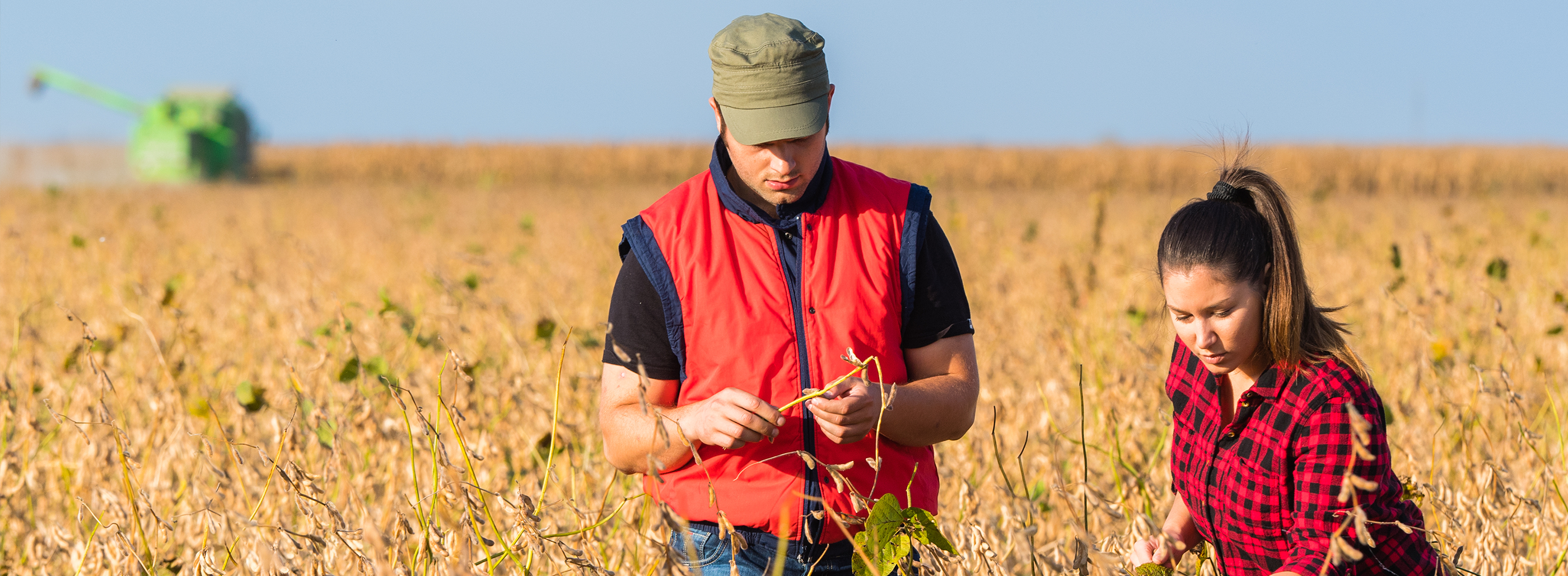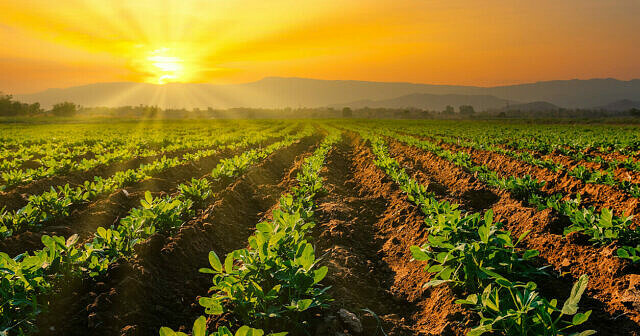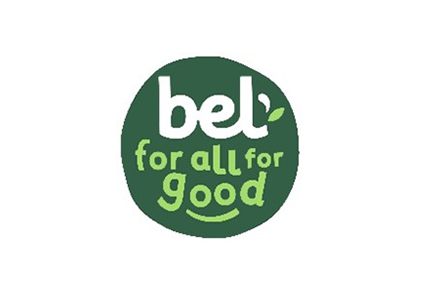5 top insights from #SAIPlatform2019 experts
30th July 2019

#NextGenerationFarming was the theme of this year’s SAI Platform Annual Event 2019. Sustainability leaders and experts from around the world came together to discuss the main challenges facing the food and drink industry and how to solve them. Dialogue focused on what #NextGenerationFarming needs and how as an industry, we can make it happen.
1. “The next generation of farmers needs a whole new portfolio of skills.”

This was the top advice from opening key note speaker Christine Daugherty, Vice President Global Sustainable Agriculture & Responsible Sourcing, PepsiCo.
The reality is that the next generation of farmers need mathematical, computer science and NOMP tech skills, Daugherty commented.
“We cannot follow the dictum of if we do what we’ve always done we’ll get what we’ve always got.”
2. “Go to growers and ask them what their challenges are and work with them to find solutions.”

Gabriele Ludwig, Director Sustainability and Environmental Affairs, Almond Board of California addressed the need to talk to farmers and convince growers that data will be used to their benefit. By building relationships and engaging actively farmers are often more willing to collaborate.
Ludwig explained that conversations are already helping to break down barriers as well as being proactive in understanding and telling the story of the farmer.
Giving the farmers’ perspective, Will Cannon, Corn & Soybean Grower commented “I understand data is important, but most farmers are tactile and visual”. Cannon argued that using test plots, providing farmers with the right resources to help and connecting farmers are also necessary to stimulate progressive change in the fields.
3. “Animal care starts from the top down”
Maureen Torrey from Torrey Farms commented that animal care is an integral part of the future for the US dairy industry. Workers need to visibly see good procedure management in practice including hiring the right people, providing the right training for employees and constant vigilance.
The importance of animal welfare across the livestock industry is high on the list of consumer issues. Driving good practice and good animal health will prove that farmers are managing livestock in a responsible way. This will bring significant benefits in terms of better animal health and ultimately a positive economic impact.

Animal welfare experts agreed that the livestock industry as a whole can contribute to enhancing animal wellbeing. The industry already has the know-how and influence as well as innovative capabilities and products. This level of collaboration across the value chain, will make a difference to the lives of animals, the people who care for them, and the communities that depend on them.
In the case of dairy, there is an obvious need to generate trust and more collaboration across the value chain. This means celebrating the success stories with the evidence that the dairy industry is indeed a responsible one. It also means that traceability is essential together with policy that gives full support.
4. “Technology has a function: to help us connect as humans.”

Daniele Giovannucci, President of COSA, explained that big data is already making improvements, albeit slowly, with the example of a digital ecosystem.
However, there is currently, a low rate of farmer participation and adoption of data technology. There is a massive gap between the possibility of applying technology and what is actually happening now. How do we therefore address digital literacy among farmers?
Giovannucci argues that there is one truth: when a farmer sees the value, they will participate.
He was however clear, that “If you bother to get data, you should bother about getting it right.”
5. “The corporate industry needs to take its share of the financial impact”

Greg Downing, Director of Sustainability, Cargill, argued that farmers alone cannot be expected to pay for the cost of more sustainable practices.
For example, in the case of US beef farmers who are already struggling to make a living, buyers, continue to set the bar higher, yet are not willing to pay the price for it. Ultimately, for many farmers they will not be able to stay in business.
Expectations of change, such as investments into new technology, will need the financial backing and support from the industry. Without industry support and the economic incentive, mass change to more sustainable farming is a distant dream.
#SAIPlatform2019 Sponsored by



